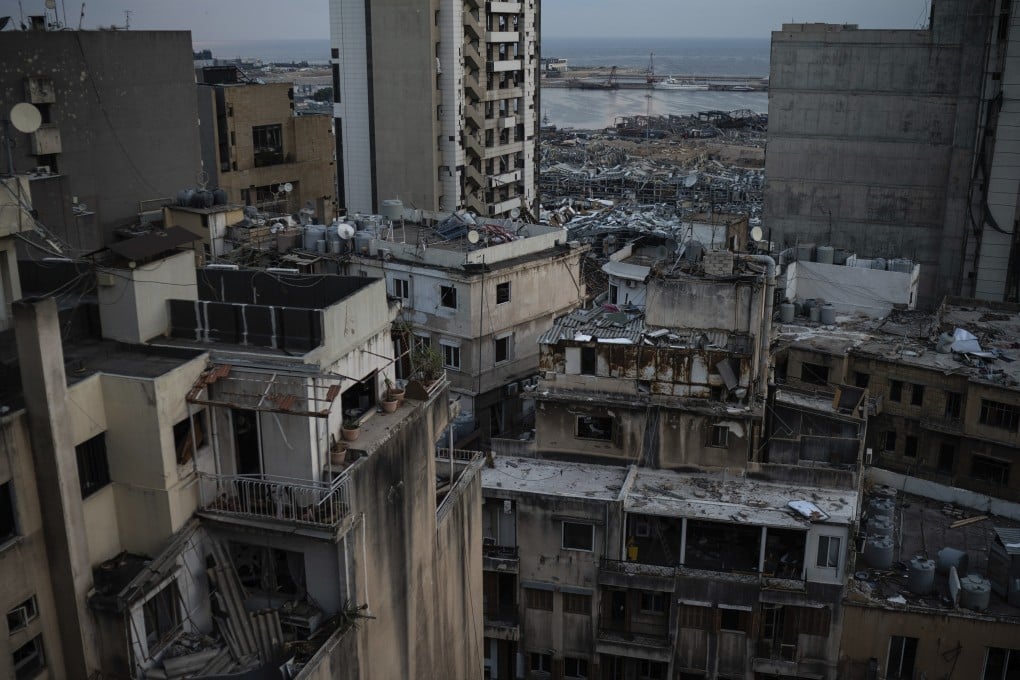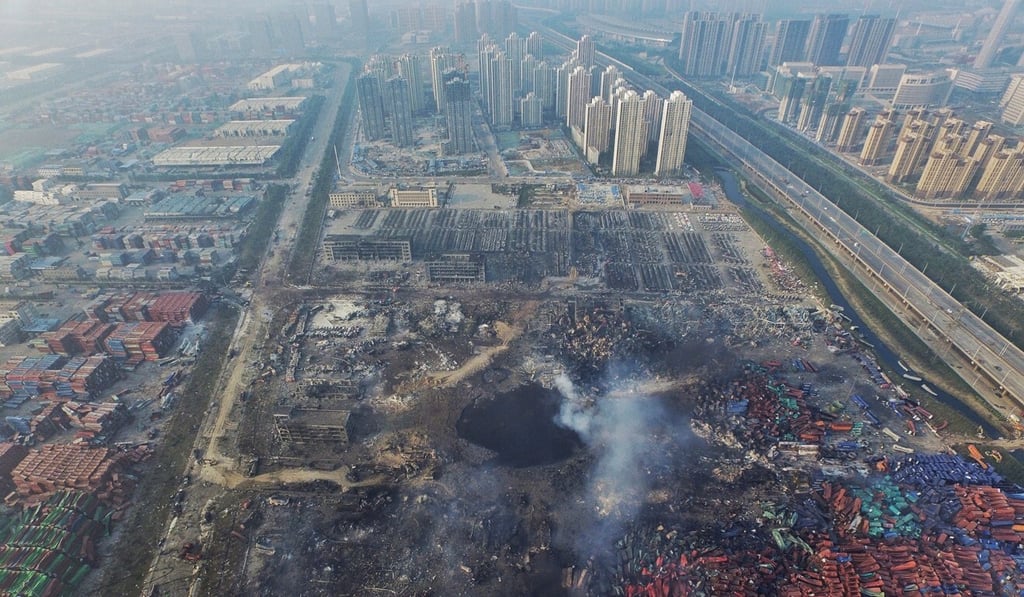Opinion | Beirut and Tianjin blasts: a toxic mix of incompetence and corruption
- In both Lebanon and China, those in power knew dangerous chemicals were being stored at a port, but did nothing – resulting in a deadly explosion
- For Lebanon, the only way to break the cycle and avert disaster is to heed the warnings, listen to the people, and retool its political system

On August 12, 2015, a series of explosions occurred at Tianjin’s port, killing 173 people. Improper storage of hazardous chemicals – the result of corruption and a lack of appropriate supervision and crisis management procedures – caused the materials to ignite.
At the time, I analysed the blast and its aftermath by comparing it to Gabriel Garcia Marquez’ Chronicle of a Death Foretold. In the novel, all the characters and even the reader were aware that the protagonist was going to be murdered. Everyone knew what was coming, but did nothing to stop it – the only exception being the doomed main character, Santiago Nasar. At Tianjin, the situation was similar: it was akin to watching a train wreck unfold in slow motion. A toxic mix of incompetence and corruption gave rise to an inevitable conclusion that surprised no one except those responsible.
The August 4 explosion in Beirut followed a similar pattern. Dangerous chemicals were stored for years without proper safeguards. Those in power knew where they were and what would happen, but this did not prevent the deaths of at least 220 people. The explosion, large enough to be felt some 250km away in Cyprus, injured 5,000 others, damaged buildings within a 10km radius, and left 300,000 homeless.

The Beirut port blast was just the latest in a series of crises that have plagued Lebanon. The country’s economy was already in the bin before the arrival of Covid-19. Its real GDP contracted by more than 5 per cent in 2019, and the World Bank is expecting it to fall by almost 11 per cent this year.
Covid-19 will make things worse. The pandemic has led to the collapse of tourism – a major pillar of Lebanon’s economy – and has triggered a steep drop in remittances from the Lebanese diaspora, a key source of funds.
